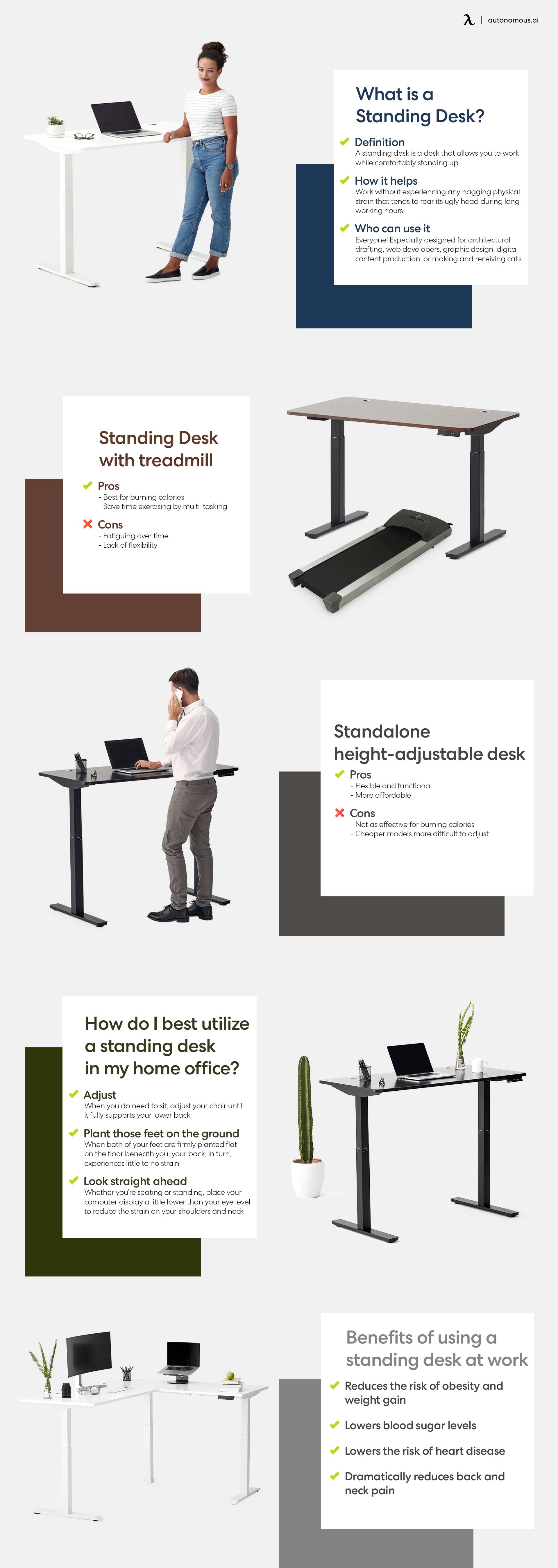5 Facts Everyone Should Know About Home Loans Before Applying

Before you look into applying for credit union home loans, there are important things to keep in mind. In this blog, we’ll examine the critical details to know before you apply for a home loan. We hope this will help make the process of applying for a home loan more intuitive and less complicated as you continue on the path to homeownership. Here are five facts about home loans.
Fact #1: You May Qualify for an FHA Insured Loan
During the Great Depression, the US federal government set up a program through the Federal Housing Administration to help struggling homeowners afford insurance on their homes. Over the decades since, FHA loans have become standard and more complex, offering people the chance to afford homes who might not otherwise have the chance to afford them.
The chief purpose of FHA-backed loans is to make it easier for people with lower incomes to afford bank and credit union home loans. The backing of the government eliminates some of the risk borne by the lending institution, meaning that they can waive certain fees, demand less money upfront, and overlook certain income requirements they might otherwise have.
If you aren’t sure whether you qualify for an FHA-insured loan, you can always ask. Do note that while FHA-insured loans make it possible for lower-income people to obtain a home loan, you will typically need to have decent credit to successfully apply.
However, also note that it’s ultimately up to a given lending institution to set the relevant terms, so things like rates, credit scores, and loan terms can vary from lender to lender, on top of what the federal government requires.
Fact #2: Debts May Not Be Disqualifying
One concern we often hear from people coming to us for a credit union home loans is that they have debts they’re working to pay off: credit cards, medical debt, student loans, and more. These aren’t actually deal-breakers, as it turns out. Lending institutions often overlook medical debts in collections, and student loan debt is, actually, typically considered an indication that you may have higher income in the future than you do currently.
Even credit card debts or other accounts in collections can be acceptable by home loan underwriters. The overwhelmingly important thing that lending institutions will look at is your credit score. If your credit score is solid, this indicates to them you’re trustworthy, even with some collections on your account.
If you’re in debt, talk with your lending institution to see what sort of expectations, if any, they may have for you.
Fact #3: You Can Reduce Your Total Payment by Paying Extra
As with all loans that rely on compounding interest (that is to say, nearly all of them), having a longer payment period typically means two things. You pay less month-to-month, but you wind up paying more in the long run since there’s more time for the interest to compound. Play around with one of the many online mortgage calculators, and you’ll see this as plain as day.
For that reason, paying extra on your mortgage if you come into some extra money can reduce the overall length of time it takes to pay the mortgage back, and consequently, you’ll pay less overall. So, if you get a major bonus at work or receive an inheritance, putting it toward your bank or credit union home loans can be an excellent idea.
However, not all lending institutions will permit extra payments. Some may insist you hold fast to the agreed-upon payment plan. Discuss this with your lending institution ahead of time to see what options are available to you.
Fact #4: Money in the Bank (Probably) Won’t Count
When a mortgage underwriter is assessing the sort of funding they’ll be able to make available as part of a home loan, if you have considerable assets saved, you might be tempted to think that this will count in your favor. However, most modern underwriters consider assets negligible in terms of assessing your ability to pay back your loan. The reason for this is that they care more about your ability to pay in the long-term, and a nest egg can be depleted, even a sizable one.
For this reason, regular income is significantly more important than fixed assets or cash in the bank. However, one way in which this can be beneficial is that it will allow you to put more money down, reducing the amount you must borrow, which reduces your total financial obligation, as discussed in Fact #3.
Fact #5: Self-Employed? You Might Have a Rough Time
One of the nice things about the US tax code is that it allows—even encourages—business owners to write off expenses on their taxes in order to foster entrepreneurs. However, when it comes time to apply for a mortgage, this same benefit can backfire.
The reason for this is that one of the key documents underwriters use to assess your income and your ability to pay is your tax return. If you’ve made $200,000 in one year, but you’ve written off $170,000, the underwriter will see you as having an income of just $30,000, which may not be enough to apply for a home loan. This may be the case even if they know you make enough money through your business because underwriters often have their hands tied by executive decisions, particularly when they work for large, nationwide banks.
It’s for this reason that if you’re self-employed, you may want to consider credit union home loans instead. Credit unions, as local entities that serve specific communities, often have more freedom to work with their members than those employed by big banks.
Here are some additional fun facts about home loans. Did you know the term “mortgage” comes from a French term mort gaige, meaning “dead pledge”?





 Living paycheck to paycheck is a grim reality for many Americans. One
Living paycheck to paycheck is a grim reality for many Americans. One